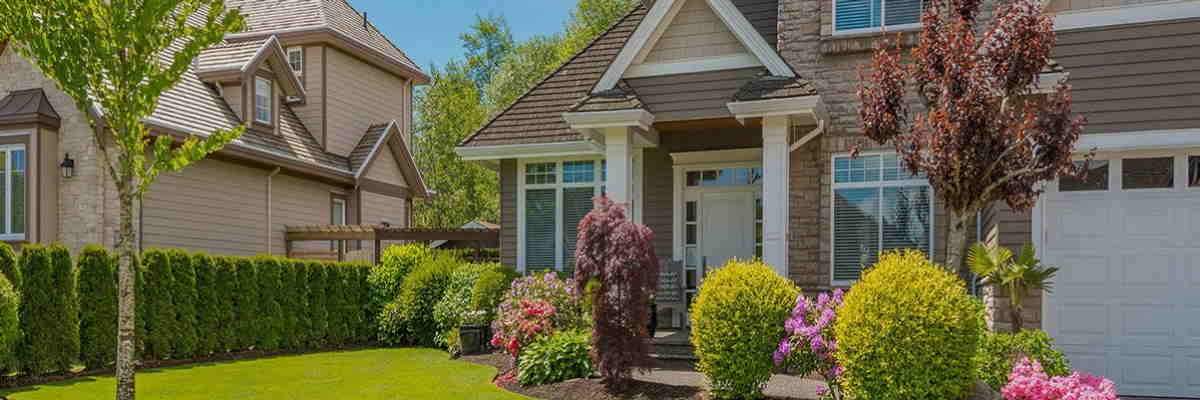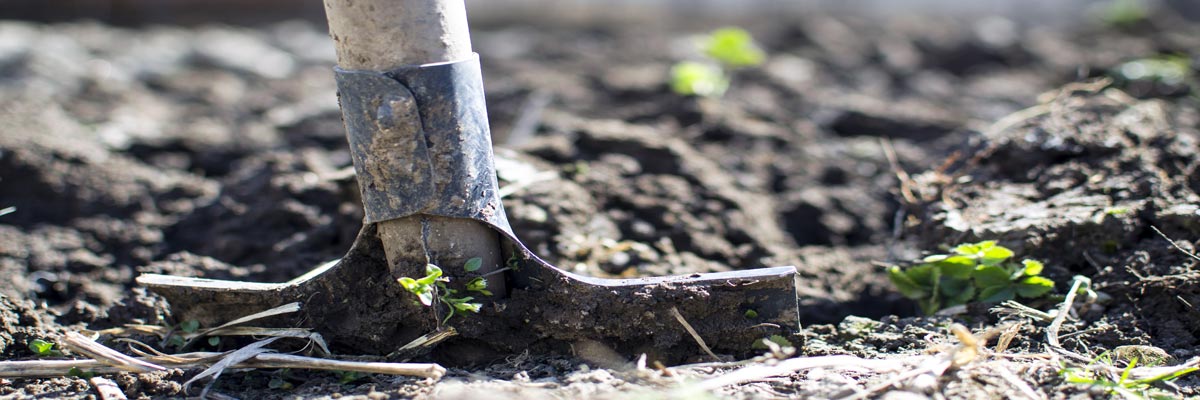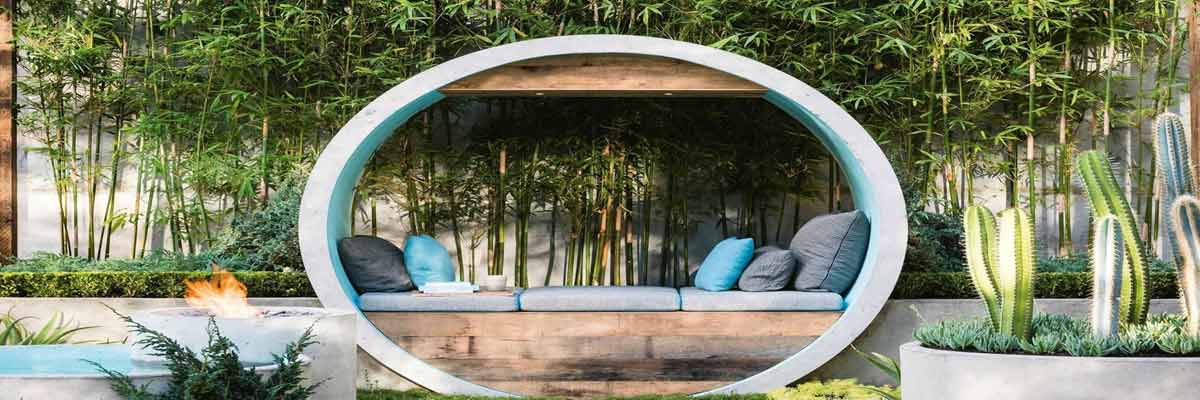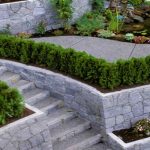4 Advantages of Landscape Design
When your yard is not as functional, beautiful, or practical as you hoped it would be, you’re likely thinking about improvements you can make. Some landscape design ideas you come up with might be an outdoor entertainment area, pathways, and improved lighting.
While these are all grand ideas achievable with the DIY spirit, that doesn’t mean you won’t benefit from expert advice and assistance from someone who makes a living from landscape design.
If you’re unsure about hiring the experts, the following advantages of landscape design may change your mind.
Year-Round Enjoyment
Intreeg Landscapes advises that many homeowners find that they can only use their yard at certain times of the year. The grass might be too muddy in winter, or there is not enough shelter from the elements. You might even struggle with bugs, which means you’re limited to use at certain times of the day.
When you hire someone with experience in landscape design, these can all be considerations. They can create functional spaces that look beautiful year-round while also being usable year-round, as well.
What Is Mulching & Why Is It Important?
Landscape design can be very fun and rewarding, especially if you’ve got a decent sized outdoor space to work with. There are a lot of different things that you have to consider when planning a new garden or outdoor space. These include what sort of plants you’re going to include, where you’re going to plant/install certain things, and how you’re going to keep your garden healthy.
In my opinion, mulching is one of the most important parts of designing and maintaining a healthy garden. Mulching has a huge range of benefits, and it’s generally used to make sure that you’re plants are living in a healthy, sustainable environment.
What Is Mulching?
Mulching refers to the action of placing mulch around the base of your plants. Mulch can be anything from composted organic matter to straw or wood chips. It has a range of functions, including keeping moisture in (See: Are you watering your garden right?), reducing the amount of weeds in an area and providing a slow, consistent flow of nutrients to your plants.
Why Should I Mulch My Garden?
Mulching has a huge range of benefits. In general, it will make your garden look better, will make your plants grow better and will reduce the amount of garden maintenance you need to perform. Some of the more specific benefits of mulching include:
Creating a Self-Sustaining Garden in Australia’s Tough Conditions
Landscape design can be complicated at the best of times. However, it is even more so when Australia’s tough conditions are involved. In many parts of the country, the climate is among the harshest in the world, which means that ‘normal’ landscaping rules don’t apply.
Australian landscaping company Principal Landscapes advise that instead, gardens must be designed with the specific climate conditions in mind, especially if they are to be self-sustaining in any shape or form. There are a lot of pressures to contend with, including poor soils, heat, and low rainfall (in most of the country). This means that you should plan your garden around these things.
Some of the best things that you can do to create a self-sustaining garden in Australia’s tough conditions include:
Use native plants wherever possible:
Australia’s native plants are incredibly diverse, unique, and beautiful. Despite not being used extensively in gardens – particularly in urban environments – they are actually very well suited to sustainable gardening. Our native plants have evolved here to cope with the country’s tough conditions.
Many natives come from extremely dry or arid areas themselves, and are therefore drought resistant and don’t require a lot of water. They won’t suffer if it gets too hot, and in fact, many natives thrive in the heat. A lot of small native shrubs are actually adapted to grow in poor quality soils, which makes them perfect for a sustainable garden – you won’t have to use a lot of synthetic fertilizers.
Use some method of water recycling:
As noted above, the the majority of Australia is very dry. This means that water shortages are common, and it simply isn’t sustainable to use a lot of water on your garden. Obviously, planting drought resistant plants is a good first step, but you can do more. Implementing some water collection system, such as gutters and a small tank to collect rainwater, can help you reduce your environmental impact, while still giving your garden the water it needs.








